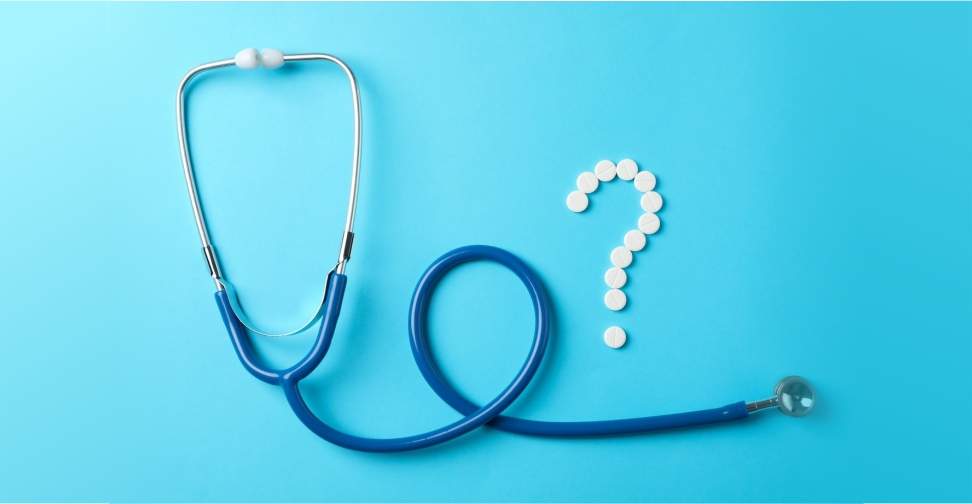Our Services


Lung Surgery
*Lung surgery*, also known as *pulmonary surgery*, is a medical procedure that involves the removal, repair, or treatment of diseased or damaged lung tissue. It is often necessary to address various lung conditions and diseases. Here is a brief overview of lung surgery and its associated treatments:
1. Lung Conditions Requiring Surgery:
Lung surgery is typically considered when other non-invasive or less invasive treatments are not effective in managing lung conditions. Certain medical conditions may necessitate surgery.
Lung Cancer: Surgery is often used to remove cancerous tumors or the affected part of the lung. This procedure is known as a lobectomy or pneumonectomy.
Lung Infections: In severe cases of lung infections or abscesses, surgery may be necessary to drain pus or remove infected tissue.
Lung Transplant: For end-stage lung diseases, a lung transplant may be the only treatment option.
Lung Trauma: Surgery may be required to repair injured lung tissue resulting from accidents or injuries.
2. Types of Lung Surgery:
There are several types of lung surgeries, depending on the specific condition and the extent of lung tissue that needs to be treated:
Lobectomy: Removal of one of the five lobes of the lung.
Wedge Resection: Removal of a small, wedge-shaped section of the lung.
Pneumonectomy: Involves the complete removal of one lung.
Segmentectomy: Removal of a specific segment of a lung lobe.
Lung Transplant: Replacement of a diseased lung with a healthy donor lung.
3. Minimally Invasive Approaches:
Advancements in surgical techniques have led to minimally invasive procedures, such as video-assisted thoracoscopic surgery (VATS). These procedures involve smaller incisions, shorter recovery times, and reduced post-operative pain compared to traditional open surgery.
4. Preoperative and Postoperative Care:
Before undergoing lung surgery, patients undergo a thorough evaluation, including imaging tests, to determine the suitability of the procedure. After surgery, patients typically require specialized care, including respiratory support, pain management, and rehabilitation to help them recover and regain lung function.
5. Adjuvant Treatments:
In addition to surgery, lung conditions like cancer often require adjuvant treatments such as chemotherapy, radiation therapy, or immunotherapy to ensure the best possible outcomes.
6. Risks and Complications:
Lung surgery, like any surgical procedure, carries risks and potential complications, including infection, bleeding, and breathing problems. Patients should discuss these with their healthcare team.
In summary, lung surgery is a critical medical intervention used to treat a range of lung conditions, from cancer to infections and trauma. Advancements in surgical techniques and post-operative care have improved outcomes for patients. It is essential for individuals facing lung surgery to work closely with their medical team to make informed decisions about their treatment.

Any Questions find here.
A pulmonologist is a medical specialist who focuses on diagnosing and treating diseases and conditions related to the respiratory system. You should consult a pulmonologist if you have persistent breathing problems, chronic cough, chest pain, or a lung-related illness.
During your first visit, you can expect a thorough evaluation of your medical history, a physical examination, and potentially additional tests. Our pulmonologist will discuss your symptoms and develop a personalized treatment plan.
Yes, we are accepting new patients. Contact us to schedule an appointment and start your journey to better lung health.
In most cases, a referral is not required to see a pulmonologist. You can schedule an appointment directly with our clinic.
Get in Touch
Dr. Bhatt Chest Center
Hasthinapuram Central, Laxmi Narashima Puram Colony, Hastinapuram, Hyderabad, Telangana - 500 074.
Clinic Timings
Mon - Sat : 6pm to 9pm
Sunday Closed

